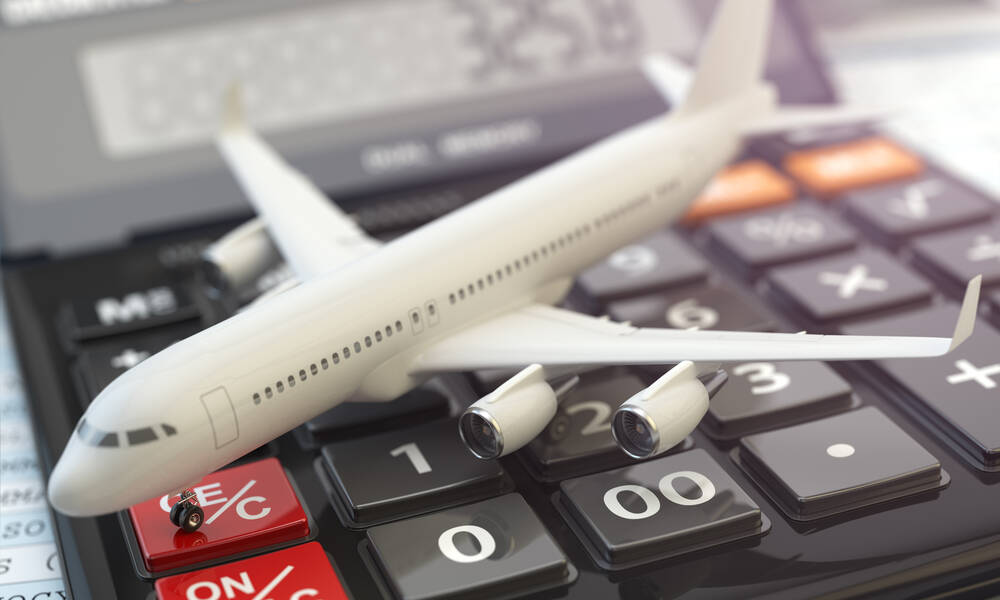
Study: Why Business Travel Costs Vary Significantly by City
Event planners and business travelers alike should be aware of the additional costs that come with launching an event in a coastal city, a new study finds.
A big city or coastal locale might seem like the best way to draw in attendees, but a new report shows that those locations often come with a big additional cost.
According to new research from the living costs services firm Runzheimer, business travel to a high-cost city or state costs up to 54 percent more than the national average of around $1,293, thanks to higher expenses for airfare, ground transportation, and lodging. What’s more, Runzheimer expects each of these costs to grow in 2020: airfare by up to 1 percent, ground transportation by 2 percent, and hotel prices by 2 to 3 percent.
So, where are these expensive locales? While Hawaii is the most expensive state on the firm’s 2019 Cost of Business Travel Report [registration], the rest of the list paints a more telling picture. Per the report, nearly all of the other states in the top 15, with the exception of Minnesota, are coastal, with a particular lean on the Northeast and West Coast. Additionally, 10 of the 15 most expensive cities for business travelers—such as New York City, Boston, San Francisco, and Seattle—are on the East Coast or West Coast in the lower 48.
But their reasons for being expensive differ significantly, per the report.
“Many of these cities are expensive for business travel because of high hotel costs, but the reasons behind these rankings are not always the same,” the report states. “For example, New York City has higher meal and hotel costs but below-average car rental costs. Boston has above-average costs for car rental, meals, and hotels.“
And even cities that didn’t rank in the top 15 for most expensive cities (such as Buffalo, New York; Albuquerque, New Mexico; and Sacramento, California) can catch business travelers off-guard because of their higher costs for meals. The report recommends setting per diems on a per-city basis, as a one-size-fits-all approach may not be the most effective.
Ken Robinson, a market research analyst for Runzheimer’s parent company Motus, says business travelers should keep in mind a full picture of expenses when making decisions about business travel costs.
“These insights can be extremely valuable to a wide range of professionals,” Robinson said in a news release. “For example, finance professionals can forecast more accurate travel budgets, event planners can understand the true costs of the locations they choose, and government officials can make sure that their cities are competitive destinations to attract business travelers.”
(Bet_Noire/iStock/Getty Images Plus)






Comments